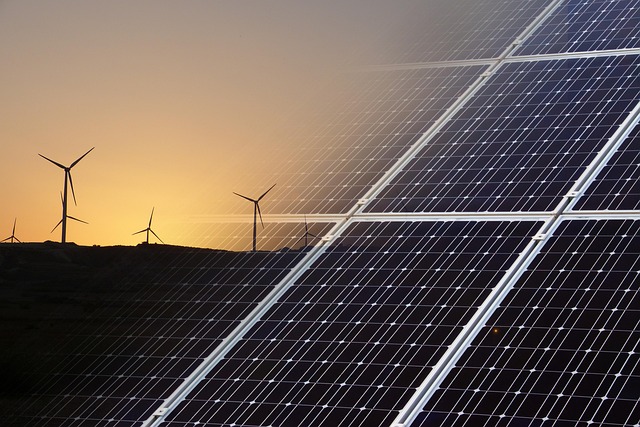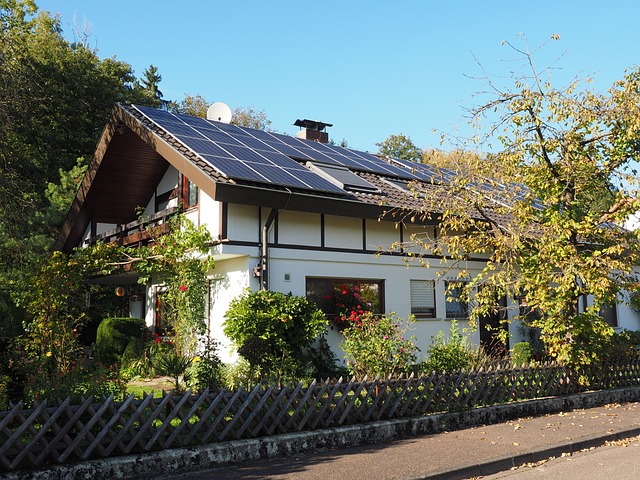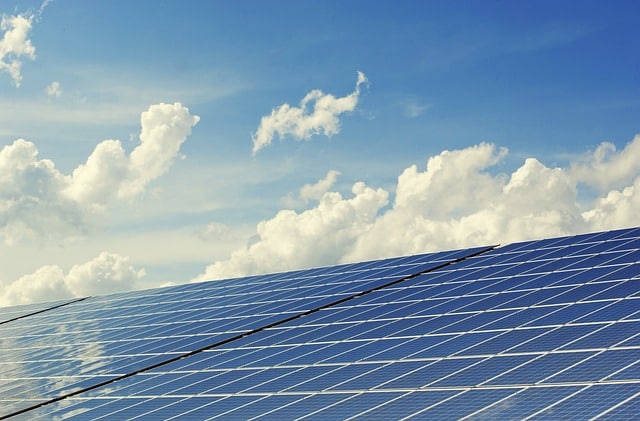📦 Fast Delivery – Order Now!
💸 Shop Safely – 100% Money-Back Guarantee
👨🔧 Lifetime Customer Support
Switching to solar energy sounds exciting, but is it actually worth it for your home? While many homeowners are still unsure, the benefits are piling up—and fast. Let’s dive in and see how solar power for houses can transform your energy costs, your carbon footprint, and even your lifestyle.

More and more people are turning to solar power. And not just because it’s trendy. It’s practical, reliable, and surprisingly affordable. Plus, you can make a real impact—both environmentally and financially.
Solar panels use the sun’s energy, so they don’t burn fossil fuels. That means no pollution, no greenhouse gases, and no harmful waste. And while the sun shines for free, your electricity bill doesn’t. Solar helps you cut those monthly costs—sometimes to zero.
You can even earn money back through net metering or tax credits.

You might think solar is expensive. And yes, the upfront cost can feel steep. But—and this is key—many states offer rebates, while the federal government gives a tax credit. Combine that with long-term energy savings, and solar often pays for itself within 5 to 10 years.
Before you go solar, check if your home is a good fit. Here’s a quick checklist:
If you checked most of the boxes, your house is ready for solar power.

Sure, California gets a lot of sun. But that doesn’t mean you can’t go solar in Michigan, Maine, or Minnesota. Panels work even on cloudy days. In fact, Germany—a country not known for sunshine—is a global leader in solar. So while weather matters, it’s not a deal-breaker.
You might expect a big, messy job. But the truth is, installation is quick. Most systems go up in 1 to 3 days. And once they’re up, they’re low-maintenance. Some systems even come with apps that let you track your energy in real-time. So not only can you see your impact, but you can also optimize your usage.

Without batteries, your system shuts down during a blackout. But if you install a solar battery, you can keep the lights on even when the grid is down. And while batteries cost extra, they give you more control and security. More and more homeowners are including them because they want peace of mind—and full energy independence.
Let’s clear up a few things.

Going solar is more than a home upgrade. It’s a legacy move. You’re reducing your dependence on fossil fuels. You’re making a smarter, greener investment. And over time, you might even increase your home’s resale value. Buyers like solar. Agents love it too. So if you ever move, it’s a win there as well.
Even if you don’t stay in your house forever, the benefits kick in fast. And with financing options like leases or solar loans, you don’t always need to pay upfront. Some companies even offer $0 down.
So, is solar power for houses really worth it? Absolutely. And while it may not be right for every roof, every budget, or every lifestyle, it’s worth checking. Because the sun isn’t sending a bill—but your electric company sure is.

Most homes need between 6 to 10 kW of solar power, depending on energy usage and location. Since every house is different and the sun doesn’t shine the same everywhere, your exact needs may vary.
A solar system for a 2000 sq ft house typically costs between $15,000 and $25,000 before tax credits. Because pricing depends on energy use and roof conditions, a customized quote gives the most accurate estimate.
Yes, solar power is worth it because it cuts energy bills and increases home value. And when incentives or tax credits apply, the return on investment grows even faster.
Most homes need 15 to 30 panels, depending on panel wattage and household electricity use. If you use more appliances or charge an EV, you’ll need a few extra.
You can run your home all day on solar if your system is big enough and you have battery storage. Without batteries, solar only works when the sun shines, unless net metering bridges the gap.
Installing a 6.6 kW system usually costs between $12,000 and $18,000 before incentives. And since state rebates or tax credits can reduce that, the final cost may be much lower.
A system that produces around 5000 kWh per year might cost about $10,000 to $16,000. Prices vary because factors like sun exposure and equipment quality play a role.
A 10 to 13 kWh battery usually matches well with a 6.6 kW solar system. This setup stores enough power for evening use and short outages, though larger batteries offer more backup time.
Most solar panels last 25 to 30 years and still generate power even after that. Although their output drops slightly over time, they stay efficient for decades.
While solar panels save money, the upfront cost can be high, and not every roof is ideal. Also, if you don’t use much power or don’t get sun, the benefits shrink.
Most panels are built to withstand hail, and they’re tested for extreme weather. But severe storms can still cause damage, which is why insurance is helpful.
The payback period is usually 6 to 10 years, depending on location, energy prices, and system cost. With rebates and smart usage, many homeowners break even sooner.
Yes, solar panels lower your electric bill month after month, and sometimes eliminate it entirely. And because power rates rise over time, your savings grow too.
Solar loans typically range from 10 to 20 years. And while longer terms mean smaller monthly payments, shorter ones save more on interest.
They can, especially if your system is sized to cover your full usage. But cloudy days or higher consumption may still lead to small bills.
High bills could mean your system isn’t big enough, or you’re using more power than expected. Also, poor system performance or lack of net metering might be a factor.
AceFlex is one of the leading online retailers of renewable energy products and offers a wide range of solar products. We work with well-known manufacturers and wholesalers and can offer you cost-effective products in the field of photovoltaics so that you too can contribute to the energy transition.
Looking for an experienced team for planning your photovoltaic system without the hassle of doing it yourself? We are your trusted partner, offering comprehensive nationwide solutions. We provide expert consultation and supply of both photovoltaic systems and storage units tailored to your specific needs.
© 2025 Aceflex All Rights Reserved. Design by Media Pantheon, Inc.





